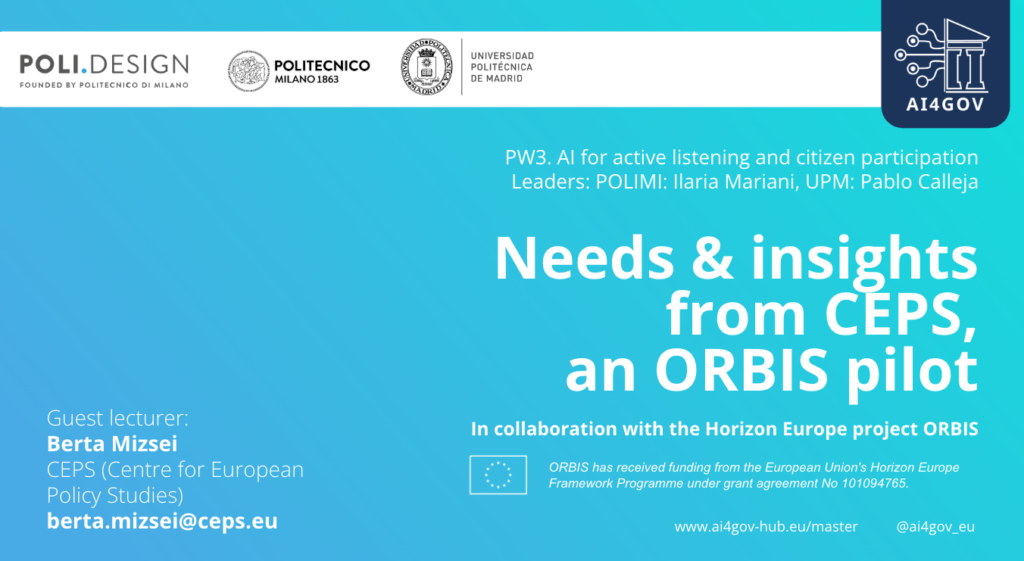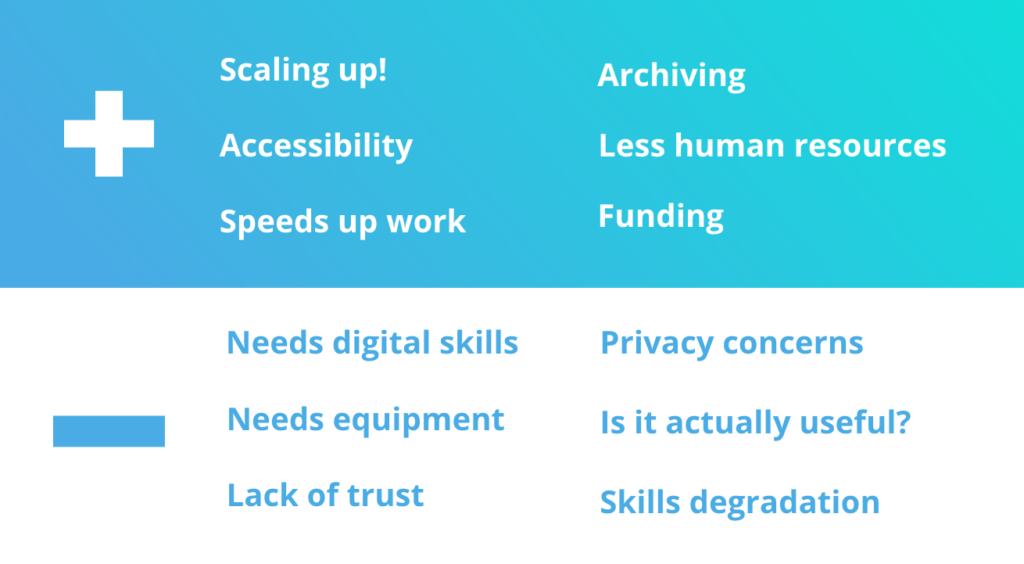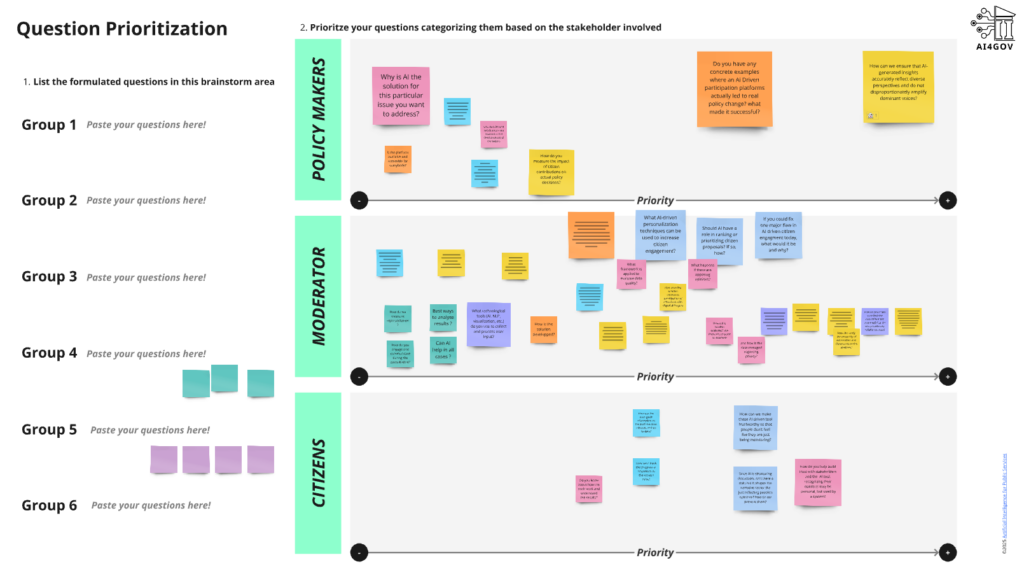The ORBIS project has successfully activated synergies with the Master program on “Artificial Intelligence for Public Services” (AI4GOV) of POLI.design, Politecnico di Milano.
The AI4GOV Master targets graduates and professionals from diverse fields including humanities, polytechnic, and managerial disciplines interested in designing, implementing, and managing AI in public services. The Master specifically intends to develop skills to handle digital transformation in public administration effectively and align services with citizens’ rights. The program prepares participants for roles as Digital Innovation Specialists, AI Services Managers, AI Governance Experts, and Digital Transformation Managers in various organizations such as UNESCO, OECD, JRC, and the European Commission.



